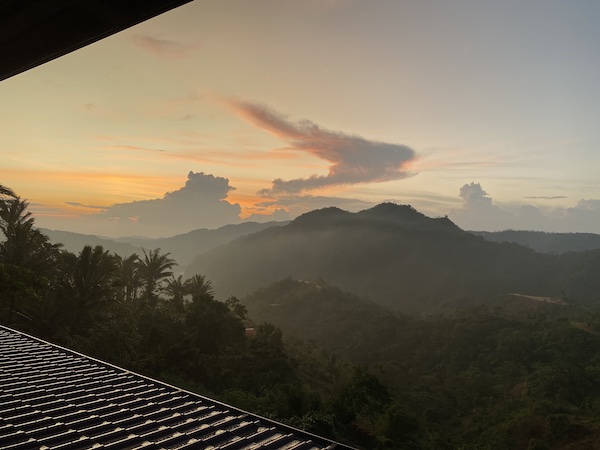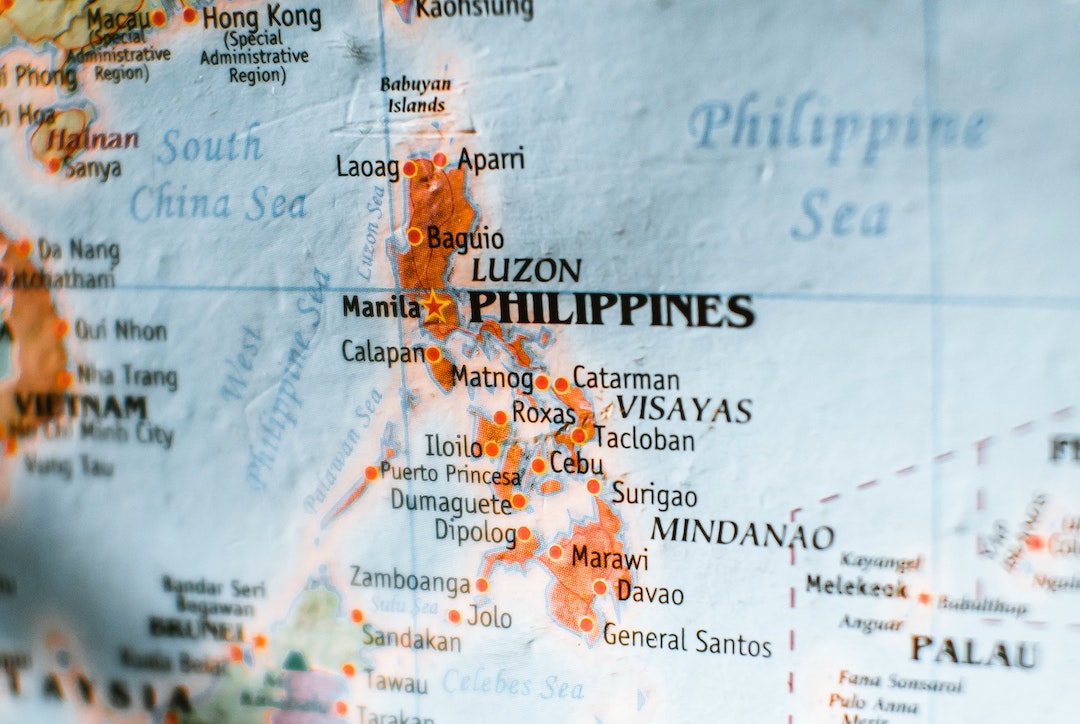Growing up, there was always a debate about whether or not Bisaya was a language or a dialect. I distinctly remember one of my grade school teachers telling me that Bisaya is a dialect when I insisted it was a language—which it is. This debate doesn’t just apply to Bisaya, though. It applies to every spoken language in the Philippines that isn’t Filipino or Tagalog.
In the dictionary, language is defined as a system of conventional spoken, manual (signed), or written symbols by means of which human beings, as members of a social group and participants in its culture, express themselves.” Dialect is defined as “regional variety of language distinguished by features of vocabulary, grammar, and pronunciation from other regional varieties and constituting together with them a single language.”
It’s easy to see where the confusion comes from.
What people who confuse dialect and language usually latch onto is the regional bit. As an archipelagic country composed of 17 regions with a national language, it can be easy to dismiss anything but the national language as dialects.
Language vs. dialect
Something we have to remember though is that another main difference between languages and dialects is its origin. A dialect stems from a language, just with its own regional flair. Take the English language for example. People from Los Angeles and New York speak the same language, but there are considerable differences in their speech.
Their accents, the words they use, and where they are geographically contribute to how they speak english. Those are dialects.
Bisaya, Kapampangan, Hiligaynon, Ilocano—those are languages. There’s even a school of thought that posits that Bisaya is its own language family because of the number of its variations.
Is Bisaya a language? No. It is a language family consisting of languages spoken in the Visayas and northern Mindanao. Bisayan languages include Cebuano, Hiligaynon, Waray, Karay-a, and Surigaonon, among others. Cebuano is colloquially known as 'Bisaya.'
— Jecon Dreisbach (@jecondraysbak) May 23, 2020
These languages have their own distinct set of words, grammatical rules, and manner of usage. They aren’t just the regional variety of Filipino, they’re a language of their own.
Following this logic, it would be more accurate to say that Cebuano and the Bisaya spoken in Cagayan de Oro are dialects, because they all stem from Bisaya. People from Cebu and Cagayan de Oro can still understand each other, but there are a few differences.
In contrast, if you put someone who only speaks Tagalog and someone who speaks only Ilonggo in one room, they’ll be hard-pressed to understand one another. That’s because they speak two different, distinct, separate languages.
An important distinction in relation to identity
The language versus dialect debate goes much deeper than you’d think. As a Cebuano living in Manila, I’ve had my fair share of language versus dialect debates. The people I’ve met that see other local languages as dialects tend to treat it as “lesser than” or even inferior to Filipino or Tagalog. “‘Di yan wika, dialect lang ‘yan,” or “Oh you speak Bisaya! That’s just a dialect though, right?” they usually said to me.
This is a shared experience with other transplants. Most of the people I’ve met from provinces who speak languages other than Tagalog or Filipino usually get that comment at least once or twice from native Tagalog speakers. Usually, it’s just annoying. But sometimes, it feels like they’re looking down on my cultural identity as someone not from here. Or worse, feeling like they’re looking down on me just because I’m a “probinsyano.”

It’s important to mention that dialects aren’t inferior to languages. There shouldn’t even be this sort of ranking to begin with. As with different types of social norms, no language is better than the other. So why would we treat dialects differently?
Having different dialects and languages across the country—and even the world—are expressions of culture. It is neither good nor bad, but recognizing and respecting differences can make for better communication. And when you find someone who speaks the same dialect, you establish a mark of kinship.
Those distinctions also form identity. For instance, Cebuanos are known to cut their words short. Instead of saying “kadyot lang,” like people in other Bisaya-speaking areas do when we ask people to wait, we abbreviate it by saying “‘dyot lang.” Words like “inday” and “dodong,” become “dai” and “dong.” The list goes on. Unlike our compatriots from Cagayan de Oro who leisurely savor every syllable of the word, we prefer cutting things down to its bare essentials—without losing meaning.
My personal theory on these abbreviations is that they stem from Cebu being a big, fast-paced city. There’s not much time to enjoy the art of speaking complete versions of the word because there’s much else to do. Again, it’s not a good thing or a bad thing, it just is.
While we’re all connected under the same flag and by the same national language, we must also embrace what makes us different.
Language and dialects are expressions of identity. In a country of over 7,000 islands, diversity is not difficult to find. While we’re all connected under the same flag and by the same national language, we must also embrace what makes us different. Each region and each ethnic group have their own sets of practices, experiences, and of course, language.
There’s value in embracing what makes us different and sharing it with everyone else. It makes us collectively richer and allows us to understand, even without speaking.




